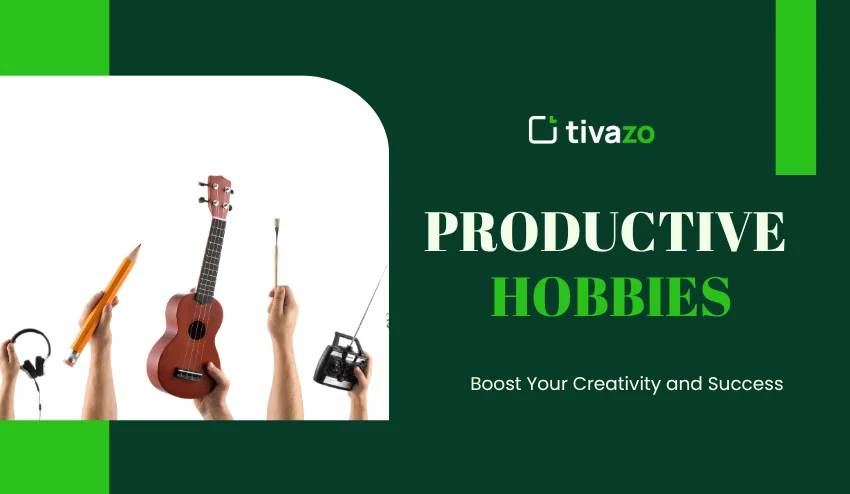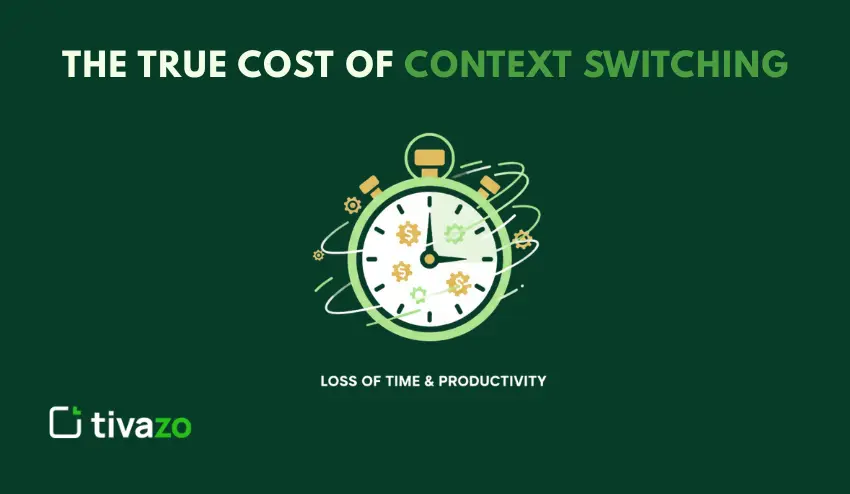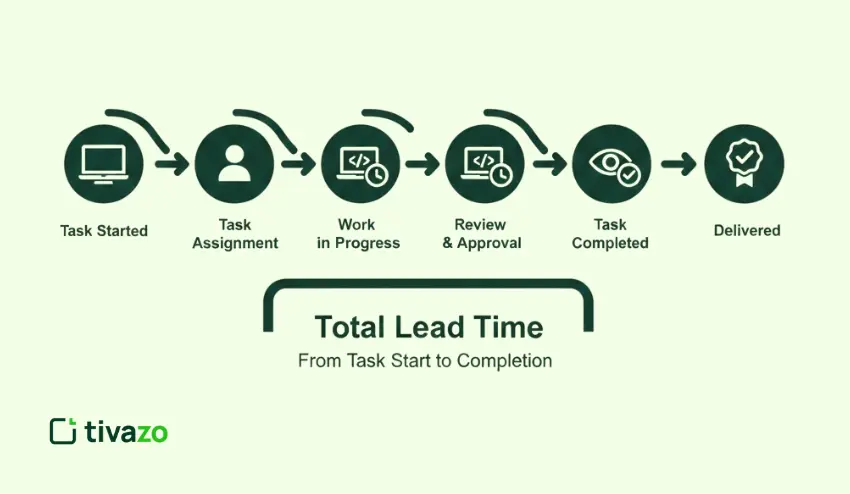Have you ever considered that just by picking up a hobby, you could improve your productivity and creativity? Maybe sounds like a false assumption. Let’s think about it!!
In today’s world of fast-paced lives, finding a hobby that is enjoyable while improving your focus, creativity, and well-being can create a serious shift in your life. Hobbies can indeed have a significant role in your success in your life, both personally and professionally.
In this blog, we will share 7 productive hobbies to help improve your productivity, boost your creativity, and even help you in your career. Let’s discuss these hobbies that can change your life.
Key Highlights:
- What is a Productive Hobby
- Why Productive Hobbies Matter
- Productive Hobbies to Transform Your Success
- Productive Hobbies Benefit Mental Health
- Physical Benefits of Productive Hobbies
What is a Productive Hobby?
A productive hobby is an activity you legitimately engage in during your leisure time that adds value to your well-being and personal development. Unlike passive hobbies that only serve as a distraction (like Social media, TV), productive hobbies improve skills, improve your mental clarity, and/or improve your physical health.
Examples of productive hobbies include:
- Creative hobbies like writing, painting, and photography, to accomplish creative endeavors.
- Physical hobbies like yoga, gardening, or running can help enhance physical health and energy.
- Intellectual hobbies, such as studying coding or a new language, improve your cognitive abilities.
The most important thing about a productive hobby is that it stretches you in ways that positively impact other areas of your life. These hobbies not only provide coherence and accomplishment, but they also help develop the skills needed for increased productivity, creativity, and perhaps even career opportunities.
Why Productive Hobbies Matter
In our busy lives, it is always easy to mindlessly spend time doing nothing of importance during our free time. In actuality, being intentional with our free time can lead to some potentially great benefits to our personal and professional lives. In addition to helping us recharge, productive hobbies allow us to grow as people mentally, physically, and emotionally.
The Science Behind Productive Hobbies
Research shows that every hobby you can join that captures your mind and body is both fundamental to decreased stress levels and improving cognitive functioning. According to Psychology Today, productive hobbies, such as gardening, writing, or physical exercise, can lower cortisol levels, enhance mental clarity and ultimately increase productivity.
Connection to Success
Productive hobbies offer the opportunity for you to grow outside of the daily distances of work. As you “practice” new skills, you will see an improvement in your ability to focus, be creative, and be resilient – critical on-ramps for success wherever you are.
The 7 Productive Hobbies to Transform Your Success
1. Gardening
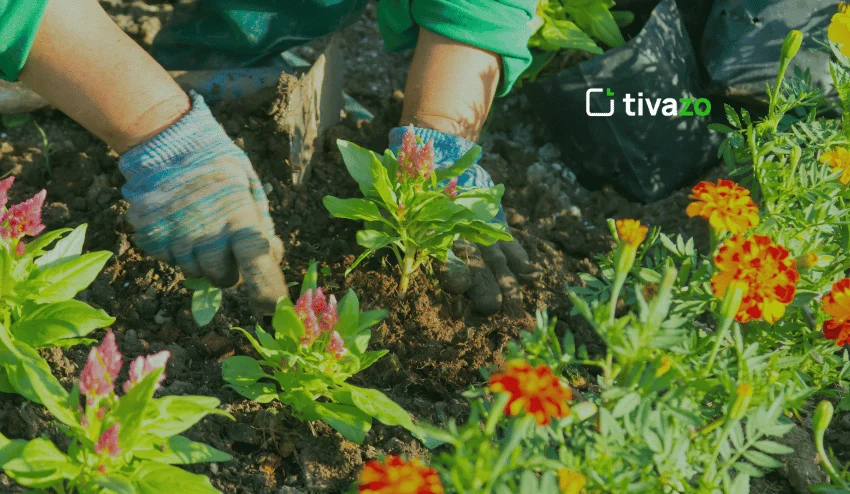
Gardenings will not only ground you with nature, but also create an environment for a peaceful mental pause. The art of gardening enables you to be more in tune with your surroundings and remain focused. Gardening’s interaction with nature will increase your mood, decrease your anxiety, and result in elevated creativity. Each of the activities of gardening, whether it is potting plants or laying out your garden, will make you feel more present, allowing you to ‘be with’ nature and disengage from any technology. Gardening has demonstrated proven results at improving emotional state and reducing depression, as well as boosting overall quality of life.
- Begin with low-maintenance houseplants or a small herb garden.
- Dedicate 10 minutes a day to care for these plants, which will help your mind process thoughts and feel at peace.
- As you develop this routine, start increasing the number of plants.
- More than just a mind-clearing routine, plants can help you relate back to nature a bit better, which can prove to be beneficial for clarity and calm.
2. Writing

Writing is a tool for creativity or emotional self-regulation, and self-reflection. Writing allows for expression of feelings and thoughts that you may be holding in. Research indicates that regular writing has a positive impact on processing difficult feelings and emotions, which can also develop emotional intelligence and eventually a growth mindset. Writing regularly can also help sharpen your language or writing skills, which is often useful.
- Set aside several minutes every day to write about your thoughts, hopes, or goals.
- You might try journaling more regularly to help process deeper thoughts that could enlighten your perspective.
- Make writing a daily habit, if even for a few minutes a day, so you can remind yourself how clear your mental state can be.
- Writing can serve as a means for emotional self-regulation, or even a means for personal growth.
3. Woodworking
Woodworking is a physical hobby that encourages focus and precision. To create something out of nothing takes creativity, creativity, patience, and attention to detail. As you build, you will be building problem-solving capacity and concentration, thereby improving productivity overall. When creating a project, you also experience completion and accomplishment, which increases your self-confidence and motivation. In addition, working with wood requires immense focus and precision, allowing it to be one of the fun productive hobbies through which you develop attention span and mental discipline. Within the process, you will also learn much about patience and perseverance through the process of working on projects.
- Try to start with simple projects such as making a picture frame, or a small shelf, or some other basic project.
- Put aside time each week to practice the hobby of woodworking.
- Challenge yourself with more advanced projects as your abilities develop.
- You will find the process exciting while taking raw materials and creating something functional and aesthetically pleasing.
4. Learning a New Language
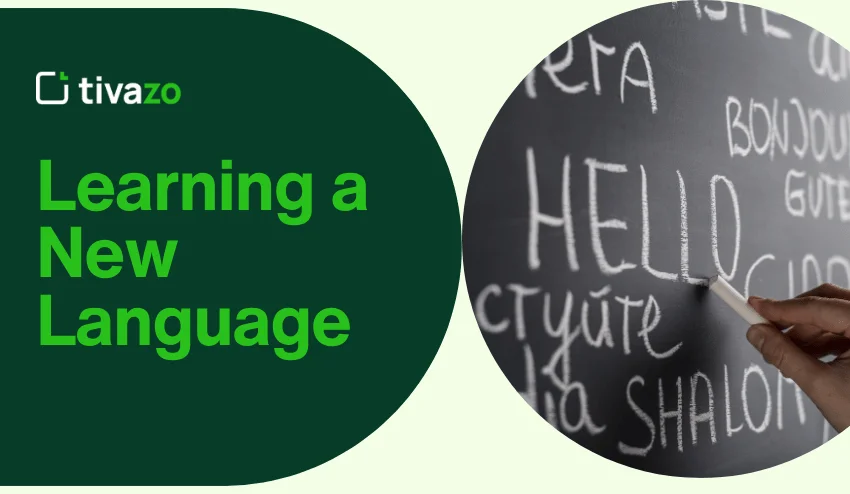
Learning a new language is mentally challenging and contributes to improved memory, cognitive agility, and multitasking. Learning a new language will lead to improvement in solving problems, as well as motivation for learning your new language, regarding employment options. Language learning is advantageous as a hobby for improving both mental agility and productivity. It trains your brain to view things from different perspectives, enhancing your cognitive ability and creativity. At the same time, speaking multiple languages enhances your capacity for effective communication, opening new doors for professional and personal relationships. You’ll also notice that as you learn, your capacity to adapt to new experiences improves.
- Use language learning apps such as Duolingo or Babbel for 10-15 minutes a day.
- Select a language you are interested in.
- Regularly practice language to promote cognitive flexibility.
- Have fun working towards the completion of another language.
5. Physical Exercise
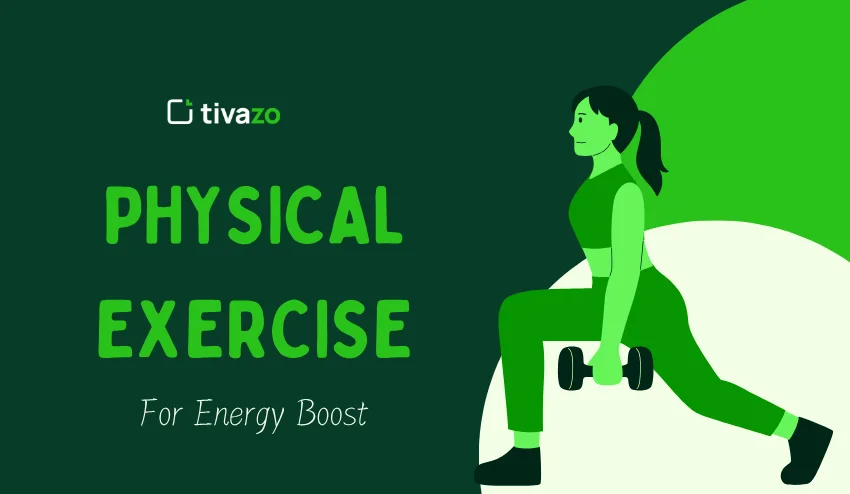
Physical activity contributes to increasing energy, increasing mental clarity, and reducing stress. Whether it is running, lifting weights or doing yoga, physical activity promotes both brain function and physical health. Exercise also helps you maintain focus without compromising productivity during the day, and helps you enjoy a better work-life balance. Regular physical activity has been particularly associated with improved mood, improved immune function, and improved sleep quality. Physical activity builds mental resilience and drastically reduces feelings of fatigue. By investing in your physical health, you are ensuring your mind and body stay physically energized.
- Commit to an exercise routine lasting a minimum of 15 minutes each morning.
- Allow yourself to slowly increase your time in your morning workouts as your stamina and ability to exercise develops.
- To stay interested and fresh in your routine, change it up occasionally.
- Feel the benefits mentally and physically, considering physical exercise plants the seed for good mental and physical improvement.
6. Creative Arts (Painting, Photography, etc.)
Creative hobbies (painting, photography, and even music) can stimulate our minds and allow us to express emotions. These activities also serve to improve problem-solving and improve well-being. Doing a creative activity promotes relaxation, rejuvenation, and the improvement of creativity ultimately leads to higher productivity at work. Specifically, creative hobbies enhance cognitive function and lower stress. Being able to experiment and think outside the box can lead to new ideas for problem-solving. A creative arts activity can satisfy the need to create while also reducing stress levels and allowing you to approach work with new energy.
- Try doing something simple like sketching or taking photos.
- The recommendation is to take at least 30 minutes a week to do a creative hobby.
- Experiment with new creative forms to keep the creative endeavor happening.
- Enjoy expressing your emotions and thoughts through creative expression.
7. Coding

Immediately enhancing your problem-solving or critical thinking skills. Coding enhances your skills in breaking down complex tasks, as well as developing logical thinking skills. Learning to code has become increasingly accessible with learning platforms that have emerged such as Codecademy and freeCodeCamp. Coding can improve your career options or productivity while providing immediate solutions to problems and skill building needed for the future. Coding teaches you to use rapid learning skills and promotes continuous learning, thus utilizing and improving your mental adaptability to a professional level. In working through coding problems, you will enhance your ability to break complex tasks into their basic components and develop problem-solving and critical thinking skills.
- Start with coding languages if HTML or Python.
- Set aside at least 30 minutes each day for coding practice.
- Develop small projects to develop your coding skills.
- Relish the feeling of accomplishment as you develop coding and tech skills.
How Productive Hobbies Benefit Your Mental Health
Productive hobbies will help clear mental clutter, decrease anxiety, and increase mental health, especially gardening, writing, and painting. When you engage hobbies that require you to use your focus and creativity, you are developing skills while enhancing mindfulness, both will increase mental clarity and resilience.
- Alleviates stress: Hobbies such as gardening or painting yield a calming effect, reducing stress and anxiety.
- Enhances emotional health: Activities such as journaling or creative arts can assist with processing emotions and relieving mental fatigue, improving mood.
- Increases mindfulness: Productive hobbies that require sustained focus (such as writing or woodworking) foster mindfulness, the ultimate goal being to facilitate any amount of mental clarity.
- Improves self-efficacy: Completing tasks through productive intentions nets a sense of accomplishment that can lead to improved confidence.
- Encourages mental clarity: Hobbies such as yoga or reading free up mental clutter, aimed at better focus and mental clarity.
The Physical Benefits of Productive Hobbies
Physical activity-related hobbies (i.e., running, yoga, gardening) provide a way to energize, regularize sleep, reduce stress, and overall resolve to embrace ongoing activity, keeping in mind, productivity is mental and physical.
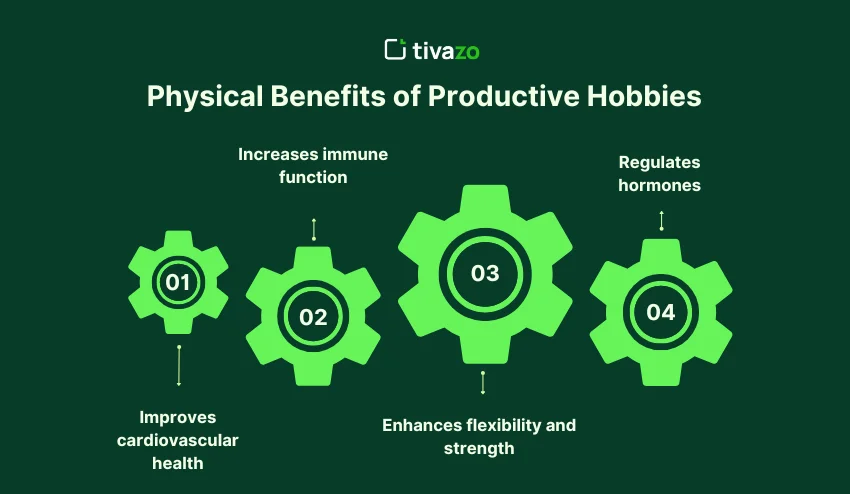
- Improves cardiovascular health: Activities such as running and cycling improve heart health, which leads to overall increased endurance and stamina.
- Increases immune function: Regular exercise can strengthen the immune system and perhaps reduce illnesses related to overall health.
- Enhances flexibility and strength: Activities like yoga and weightlifting help develop strength in your muscles and improve flexibility, which leads to improved posture and mobility.
- Regulates hormones: Physical activity can help regulate hormones related to stress, like cortisol negative emotions, for a less unstable emotional state.
Conclusion: Start Today to Transform Your Success
Productive hobbies aren’t just a good way of spending time; they are productive, professional development tools. These hobbies could include gardening, writing, exercising, or learning a new language. They will have a significantly positive effect on the focus, creativity, and productivity of your days.
Pick one of the hobbies from the hobbies list above and commit yourself to doing it for a week. You’ll be shocked at what those hobbies will do for your Success.
